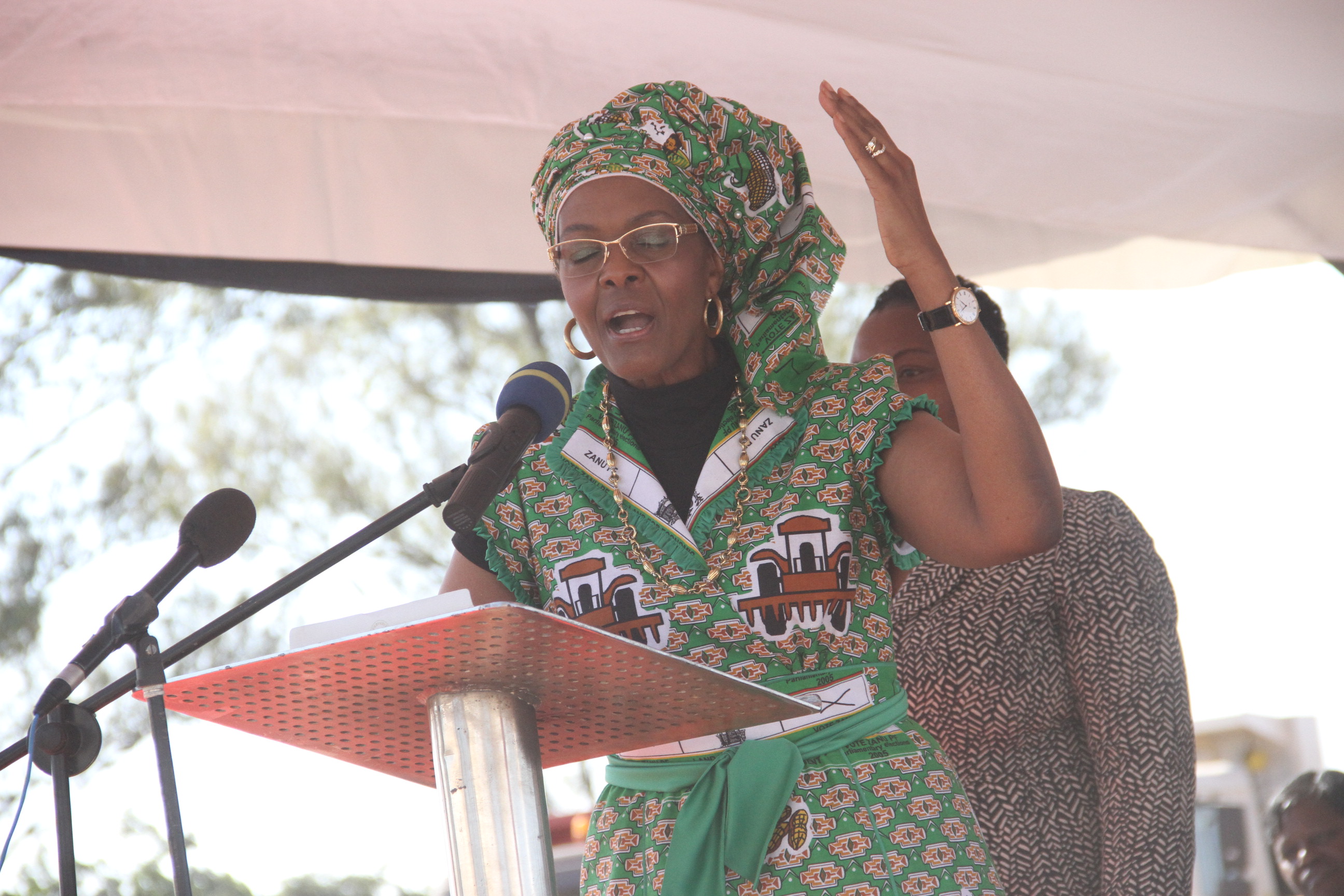Zifa, media relations rapped

Robson Sharuko Senior Sports Editor
THE relationship between the ZIFA Board and other key constituents of the game, including the media, is very toxic and this is having a huge bearing in the chronic challenges that are stalking Zimbabwe football. This was revealed by the Sport and Recreation Commission after a Committee, tasked with looking into the state of football in the country, noted that the friction was also evident in the relationship between the ZIFA Board and other affiliates.
“The findings of the Committee indicated that:
- • Bad relations exist with its affiliates, women football, former players, coaches, football medicine and general public, except, for NAPH and NASH who have been favoured to sit in the Assembly.
- • The media has fuelled the perception that football is dead in Zimbabwe.
- Sponsors continue to shy away from ZIFA due to negative publicity and the Association’s incapability to handle sponsorship issues.
- • The Association has perpetuated the negative reporting as they take their fights to both the print and electronic media.
- • The Board was not diligent in dealing with issues to do with communication and this compromised their integrity.
- • There are clear factions within the Board and Assembly.
- • ZIFA has failed to pay attention to stakeholder relationships.
- • The absence of transparency in the operations of the Association has resulted in the public’s loss of trust and respect for ZIFA — there is a general perception that self-interests drive the activities of the Association”
The Committee said the ZIFA Assembly was too big and the huge number of Councillors wasn’t meant to serve Zimbabwe football but just an arrangement for people to ensure that they win elections.
The Commission of Inquiry, headed by Obadiah Moyo, questioned the size of the ZIFA Council and why the Assembly did not have representatives of key constituents of the game like referees, coaches, juniors and the medical fraternity.
“The Congress is too big and unwieldy, comprising constitutional and unconstitutional members, both with voting rights,” part of the report reads.
“The inclusion of all sixteen (16) unelected club representatives of the PSL, four (4) members of each region, two (2) members of each unaffiliated members (NAPH, NASH and ZITSU) has been described as a strategy to win elections and not develop football.
“The Council is naturally made of elected members from specific constituents. In this case all 16 unelected Premier League clubs are members of the ZIFA Assembly.
“Club chairpersons are not necessarily elected but the fact that they are club owners means that they have a permanent space both in the PSL Council and the ZIFA Assembly thereby flooding the ZIFA Assembly with unelected members.
“Sixteen members of the Council of sixty-two (62) constitute twenty-five perfect of the electorate.
“There is glaring omission of the following structures — Referees Association; Soccer Coaches Association; Junior Football Association; Football Medicine Association from the ZIFA membership in favour of, in some cases, non-affiliates and unstructured activities.
“The removal of Junior Football (from the ZIFA Assembly) has resulted in the destruction of junior football development throughout the country. The arrangement also leaves the Referees Association, Soccer Coaches Association and Football Medicine Association as ad-hoc structures as there is no constitutional provision for their existence.”
The Committee said they established that there was acrimony between the PSL and the ZIFA Board and that was unhealthy for Zimbabwe football given that the top-flight have a huge representation on the ZIFA Assembly.
That most of the PSL clubs did not have junior programmes, noted the Committee, has also not helped in the development of Zimbabwe football.
“Unlike in the past, when all PSL teams used to have junior programmes under them, currently it seems this is not a priority,” the report notes.
“PSL clubs enjoy wide representation on the ZIFA Assembly but, unfortunately, the relationship between the (ZIFA) Board and the PSL Board seems strained, for example, the withholding of players by PSL clubs when they are required for national team assignments (which are not FIFA-sanctioned).
“The FUTSAL is known as Five-Aside which, technically, is considered to be the best platform to instill physical fitness, skills and agility to the juniors. Unfortunately, the programme is confined to two pockets in Harare (Mbare and Chitungwiza) and another pocket in Bulawayo.
“It is the Committee’s finding that this structure, although existing on the ZIFA structures, has not made any meaningful development to create opportunities and platforms for the target group.
“It is also alleged that the structure was only created on the ZIFA Assembly for the purposes of voting for the current leadership and for ZIFA Board to access FIFA grants.
“Beach soccer is known to be designed for countries endowed with sand. In Zimbabwe this is not the set-up but, unfortunately, the structure was preferred for the purposes of creating votes for the leadership and accessing money from FIFA.
“There is no beach football to talk of in the country despite them being given such a priority over junior football and others.
“Football Medicine, in the case of ZIFA, is not prioritised as evidenced by its absence from the structure. The members who finally constitute the structure and programme are picked on ad-hoc basis. Moreover, there are no contracts for those picked by ZIFA.
“It is also the findings of the Committee that on many occasions junior teams travel without football medicine experts but led by unqualified people. FIFA releases grants for football medicine programmes but these never reach the intended beneficiaries.”











Comments